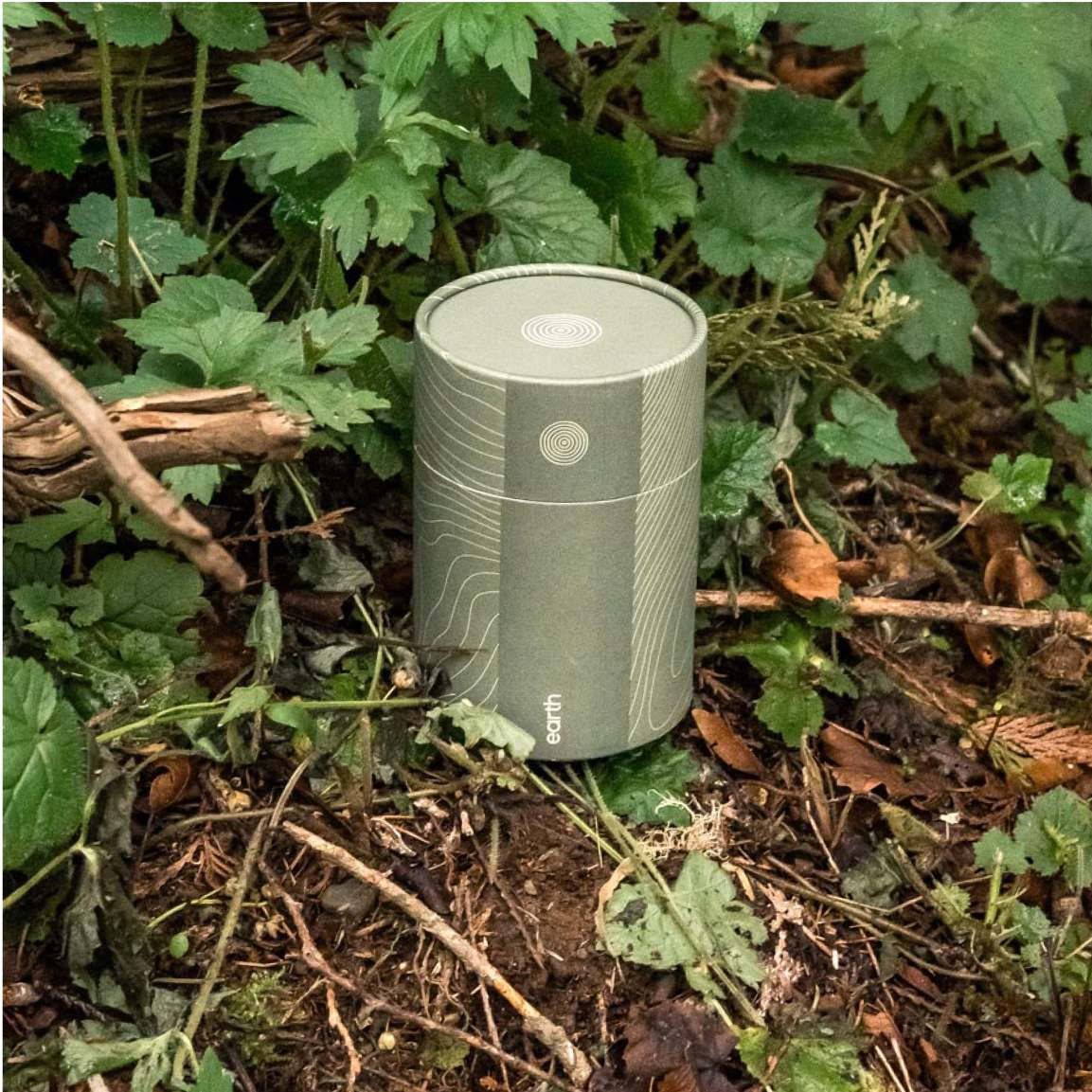
Grief Resources
|
November 13, 2024
These conversations might be challenging, but they’re also a gift to everyone involved.
The holidays are a time to gather with loved ones, eat good food, and enjoy each other’s company. They also present an opportunity to have meaningful and important conversations with family.
How do you want your life to be memorialized? What kind of funeral should be held in your honor? These are deeply important decisions - for you and your family.
As the end-of-life landscape shifts and people turn to newer options like human composting, it’s especially important to think about what you want and to discuss those choices with your family. By having open conversations about your funeral plans, you’ll help your family better understand your wishes—so when the time comes, those wishes can be honored.
If funeral planning feels too daunting for the dinner table, consider this: These times when everyone comes together are fleeting. We only have so many chances to gather and talk about what’s important.
Conversations about funeral plans can be a real gift to yourself and your loved ones. Let’s explore why - and how to make the most of them.
Are the holidays a suitable time to discuss funeral plans?
The holidays bring everyone together. With work, school, and other responsibilities set aside, we can focus on what truly matters: each other. We take out the special silverware and set the table for turkey, casseroles, and making memories.
In today’s fast-paced world, finding uninterrupted time to connect with our loved ones can be a challenge. While it’s natural to want to keep conversations light and centered on joy, discussing difficult topics can actually strengthen our bonds. If we don’t address what’s important to us now, then when will we?

Rather than thinking about the holidays as a time to avoid serious discussions, consider them an opportunity to connect with your loved ones in a new way. Conversations about end-of-life wishes can feel vulnerable, but vulnerability often brings us closer together. Talking about your preferences doesn’t have to dampen the holiday spirit; it can serve as a chance for connection, reflection, and sharing valuable information that offers everyone peace of mind.
Your end-of-life wishes can be celebratory, too—just like the holiday season. Take a moment to look around the dinner table and reflect on what makes this time special. Are there cultural or family traditions that are especially meaningful? What about music, games, or favorite dishes that bring everyone together? The details can shed light on what’s truly important and how you can apply those values to your end-of-life plans too.
Why is it so difficult to talk about funeral plans?
Discussing end-of-life wishes means confronting a difficult truth: someday, our loved ones will no longer be with us. It also prompts us to face our own mortality, which can be uncomfortable for many.
This discomfort often leads people to avoid these important conversations. However, avoiding the topic can create even greater challenges. When families are faced with making funeral decisions without knowing their loved one’s wishes, it can lead to confusion and added stress during an already difficult time.
Talking about end-of-life plans with our loved ones doesn’t have to be filled with sadness. In fact, funeral planning encompasses both life and death. Discussing these wishes can highlight our values, priorities, and hopes for the future. It offers a chance to connect over a fundamental aspect of being human: the understanding that our time is limited, and it’s important to make the most of it.
Another sensitive topic that often goes unaddressed is the financial aspect of funeral planning. When families do not discuss these plans openly, the costs can become an unexpected burden. Without prior arrangements, loved ones may find themselves rushing to determine how to cover funeral expenses and who is responsible for those costs, all while grappling with their grief.
Much of this pain can be alleviated by having these conversations in advance. Yes, these discussions can be challenging, but the struggles that arise from not having them are often much more difficult to navigate.
{{CTA}}
How do I start a conversation about funeral planning?
The first step is to begin these conversations within yourself. Reflect on the following questions: How do I want to leave this life? What type of funeral feels right for me? How can my funeral reflect the life I’ve lived? What can I do in advance to ensure my family isn’t overwhelmed with responsibility and expenses?
Take the time to write down your thoughts. This process can help clarify your wishes and serve as a guide for future discussions. By articulating your feelings and preferences, you’ll be better prepared to share them openly and honestly with your loved ones.

When it’s time to bring up the topic with your family, approach it gently, understanding that everyone may react differently.
To set a positive tone, you might say something like:
“Lately, I’ve been thinking about the future and what I want to leave behind for you all, especially in terms of my wishes and how I'd like to be remembered. I'd also love to hear your own thoughts on that, if that feels right.”
As you discuss your preferences, it can be helpful to create space for your loved ones to share their own thoughts. Consider approaching the conversation with openness, allowing each person to express what resonates with them.
You could talk about the kind of ceremony you envision, or your thoughts on the type of funeral you'd prefer to have, whether it’s more traditional like burial or cremation, or a more eco-conscious option like human composting. By fostering an open dialogue, everyone involved can feel heard and supported, making it easier to explore new options together.
There may be moments when the topic of human composting naturally arises. If someone expresses an openness to it, you can gently steer the conversation toward how this process can align with their values. Perhaps ask about the kinds of plants or natural spaces they feel connected to, and explore where they'd envision having their soil returned to the earth.
This can open up meaningful moments that feel less clinical and more personal, connecting the idea of human composting to something truly significant for them. Talking about funerals and death can lead us to surprising places. By opening up this holiday season, you and your family can create a space for meaningful conversation and perhaps even make some cherished memories together in the process.
Visit our prepaid page to learn more about planning human composting for the future. Our friendly and professional team is always ready to help you in exploring your options for planning a meaningful return to nature.





















